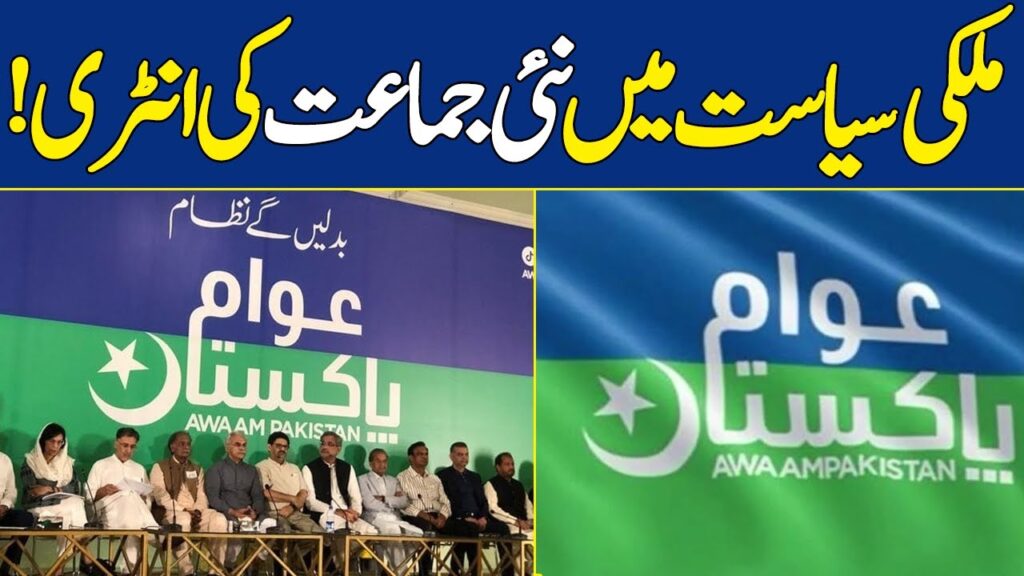Amid grand declarations and promises, the newly established Awam Pakistan Party (APP) held its inaugural event at a local hotel in the federal capital on Saturday.
The launch brought to mind former President Farooq Laghari’s Millat Party (MP), which also emerged from the ranks of the Pakistan Muslim League-Nawaz (PML-N) and the Pakistan People’s Party (PPP). However, the MP failed to endure, with Laghari’s son now a prominent minister in the PML-N government.
What sets APP apart is its Convener, former Prime Minister Shahid Khaqan Abbasi. Unlike Laghari, Abbasi was not ousted or betrayed by his leader, Mian Nawaz Sharif. On the contrary, Sharif recently praised Abbasi’s contributions and labeled him an asset to the PML-N.
In his speech, Abbasi emphasized his good relations with the Sharif Brothers, but he expressed his disagreement with the party’s leadership over their relentless pursuit of power. “For me, staying in power by making compromises and risking democracy and the constitution is like ruining my entire political career,” Abbasi stated.
Abbasi criticized the government for neglecting the poor and salaried classes in the 2024-25 Federal and Provincial Budgets, questioning the rationale behind taxing essentials like milk. “Such things only happen in Pakistan,” he lamented.
Political analyst Ahmed Ejaz views the emergence of a new party as beneficial for democracy and political stability, likening it to a breath of fresh air. This sentiment was echoed by many journalists, civil society members, and academics who welcomed the change.
However, not everyone shared Ejaz’s optimism. One editor of an English newspaper dismissed the APP as a gathering of outdated politicians who have already been tested and rejected by the public. “While in power, why didn’t they do something for the community?” the editor questioned.
Miftah Ismail, former Finance Minister and current Secretary General of the APP admitted his shortcomings during his tenure. “I was not free and was part of a government that largely benefitted the ruling class,” he confessed. He stressed that a government that fails to provide relief to the masses and protects the privileges of the upper class is ineffective.
Ismail also pledged that APP members would not hold significant government positions for more than two terms, an important step towards true democracy in the country. He highlighted the dire state of education, pointing out that 20.6 million school-age children are out of school, a fact that does not seem to concern the government.

Former KP governor and Chief Minister Sardar Mehtab Abbasi criticized the traditional politics in Pakistan, noting that party policies revolve around their leaders with little input from party members.
Former Health Minister Zafar Mirza refuted claims that the APP was established under the influence of the Establishment. He stressed the need for a firm commitment to restoring the constitution and the rule of law. “We are at the crossroads of history,” Mirza declared, urging decisive action for the betterment of the nation.



